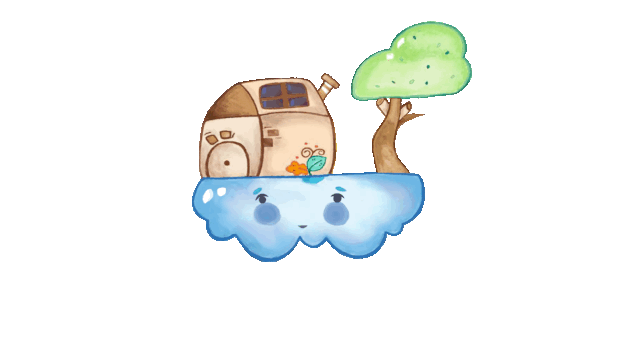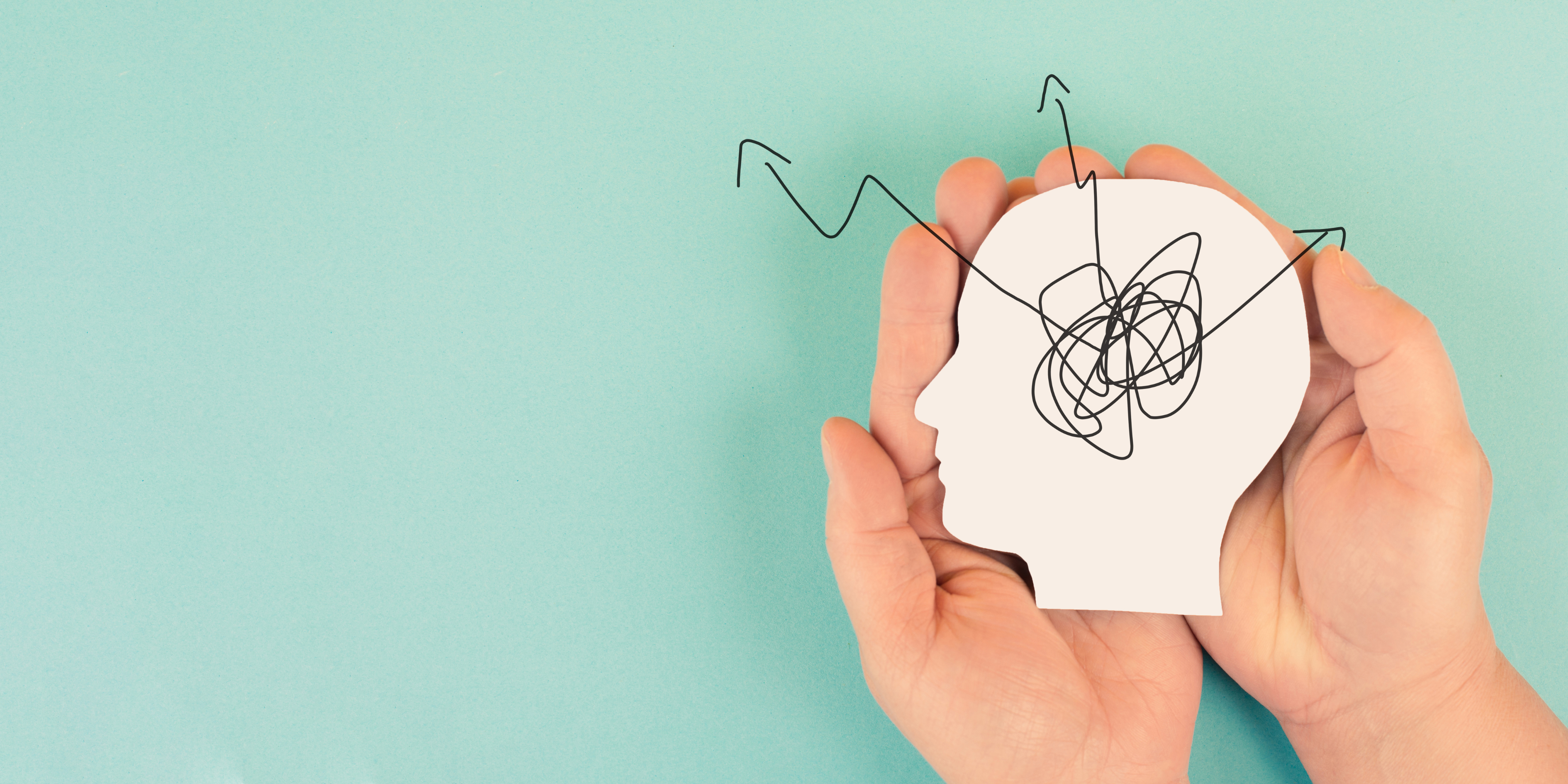
What is Depression?
By Sahar in collaboration with the Therapy House team.
What is Depression?

We are used to hearing people say “I’m depressed” when they’re feeling low. However, depression extends beyond just feeling blue. It is in fact a combination of symptoms including, but not limited to, a depleted mood. Depression in a clinical sense is a mental disorder, characterised by changes in a person’s mood, motivation, energy level, sense of hope, sleep and appetite patterns, concentration abilities, and ability to take pleasure in life’s activities. Individuals who experience depression endure these symptoms nearly every day, for at least 2 weeks straight and struggle to gain their previous level of functioning back.
Going through life’s demands can become quite an effort for a depressed person and can impair their day-to-day functioning. Some people also experience such extreme levels of depression that they may not be able to see the light at the end of the tunnel, leading them to contemplate suicide as a means of escaping their pain.
How does depression come about (and stay)?
Depression arises from a complex interaction between a person’s genetics, environment, and temperament or personality. Typically, if a person with a family history of mental health disorders (such as depression or anxiety) lives in a stressful or unsupportive environment, their vulnerability to developing depression is likely to activate. Once an individual develops depression, there are various factors that contribute to maintaining their depression. Experiencing social withdrawal and not seeking help and support keeps the depression going. Additionally, because depression directly targets a person’s sense of hope and optimism, motivation, and energy, depressed people tend to find it hard to initiate making changes to improving their mental state, which becomes a huge barrier to their recovery.
Another common barrier to recovery are pervasive negative thoughts. It is well established that depression acts like a pair of tinted dark glasses, which colours an individual’s world with shades of grey and black. A depressed person is likely to have lots of negative thoughts about themselves, others, and their future. This is sense of hopelessness lingers and takes over the depressed person’s life, making it hard for them to see beyond the depression.
Is there really hope?
Luckily, depression is now quite well understood in the medical and psychological world. Various evidence-based treatments have proven effective in treating and managing depression. Depending on its severity, psychological treatments combined with medication (if necessary) can reduce symptoms and equip the individual with resources to manage their depression.
Widely used psychological treatments for depression include Cognitive-Behavioural Therapy (CBT), Interpersonal Psychotherapy (IPT), Psychodynamic Therapy, and Acceptance and Commitment Therapy (ACT). While these frameworks may differ in their approach to treatment, they all offer alternative ways of thinking, coping, or engaging with others, which ultimately help alleviate depression. At its core, depression is associated with a sense of disconnection from oneself, people, and the world. Regardless of the treatment type, a psychologist, in a sense, walks alongside a depressed person and sheds some light on the possibilities for change and helps them regain a sense of hope and control back in life.
Do adults only struggle with depression?
Depression in not only common in adults; young people can grapple with it too. While a depressed mood is the cornerstone of adult depression, young people may display either low or irritable moods when depressed. One in 50 children are impacted by depression. Depression in children similarly manifests changes in their mood, thoughts, behaviours, as well as sleep and eating patterns, for at least 2 weeks. They may show less or no interest in activities they used to enjoy and may also present with sudden difficulties in their concentration, keeping up with school, friendships, and their daily life. The challenge of depression in children stems from their limited awareness or capacity to express their experience and difficulties. Thus, it is essential for adults around them to recognize these signs and seek professional help. Early identification and intervention of depression is key in its recovery.
How can we support a loved one with depression?
The first step in supporting a loved one struggling with depression is to normalise their experience. In the psychiatry world, depression has been compared to common cold. Experiencing depression should be acknowledged and understood as an acceptable condition, which can be lifted and/or managed with the right supports. We also need to be mindful that recovery happens within a process, and breaking free from depression doesn’t happen overnight. Supporting a depressed person in seeking professional support would be a crucial first step, to ensure they have access to the right means for understanding and managing their condition.
Once those supports are in place, loved ones can help by simply ‘being there’ for the depressed individual. Listening whenever they wish to talk, checking in with them, refraining from offering advice, and fostering a sense of hope are among the most valuable support one can off to their loved one. Considering that depression can make simple daily tasks feel like a big demand, providing practical supports such as offering to plan for their day with them or taking them to their appointment can also be quite helpful. Lastly, bear in mind that depressed individuals often think of themselves as burdens to their families and friends. It is important to help them overcome this belief by demonstrating fulfilment when assisting them.
If you are concerned that someone is suicidal, there are crisis lines available. You can call:
- Lifeline on 13 11 14
- Beyond Blue on 1300 22 4636
- Kids Helpline on 1800 55 1800
If you live in Brisbane or are happy with using Telehealth, we are here to support you and help you to overcome your depression. Get in touch today.




